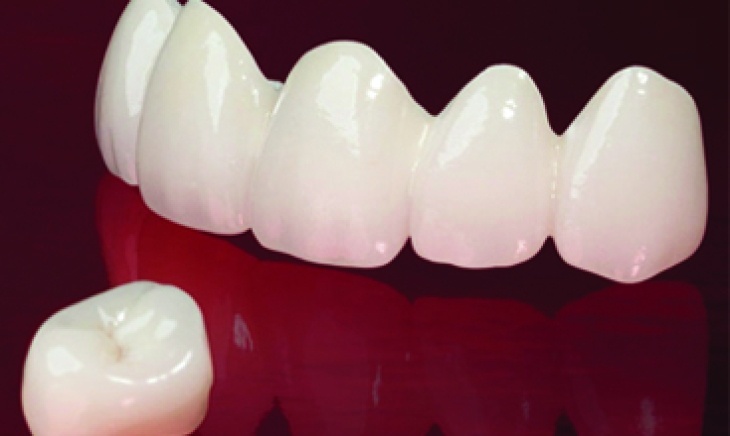Zirconia dental crown benefits
Crowns made of zirconia are becoming increasingly common, and they do offer some advantages.
Strength
One of the biggest advantages of zirconia is its strength and durability.
Consider how much force your back teeth exert on the food that you chew.
Your crowns need to be made of a strong material, so zirconia may be a good choice for crowns in the back of your mouth.
Also, because zirconia is so strong, a dentist won’t have to do as much preparation of your tooth.
Longevity
Zirconia-based crowns fared just as well over the course of 5 years as metal-based crowns, according to a2017 randomized controlled trial published in the Journal of Dentistry.
And crowns made of zirconia, called monolithic zirconia crowns, are especially durable.
Biocompatibility
Zirconia is the choice of many dentists for its biocompatibility, which means it’s less likely to provoke the body into producing a reaction or immunological response like inflammation.
A 2016 in vitro studyTrusted Source confirms this, and it also found only a limited amount of cytotoxicity.
Same-day procedure
Many dentists can make zirconia crowns in their offices rather than sending an impression of your tooth to a lab to have a crown made. Then, they can cement the crown into your mouth in a single visit.
The CEREC, or Chairside Economical Restoration of Esthetic Ceramics, process uses computer-aided design/computer-aided manufacturing (CAD/CAM) technology to speed up this process. The dentist uses a dental milling machine to actually make the crown from a block of zirconia.
This process eliminates the need to stretch the procedure into two visits.
However, not every dentist office has this technology in-house or offers zirconia crowns.
Disadvantages of having a zirconia crown
Like many other dental procedures, there can be potential disadvantages to getting a zirconia crown.
Can be hard to match
One potential disadvantage of a zirconia crown is its opaque appearance, which can make it look less than natural.
This is especially true for monolithic zirconia crowns, which are made just from zirconia, although it may be less of an issue for teeth in the back of your mouth.
Potential wear on other teeth
Some dentists have been hesitant to use zirconia crowns in some circumstances for fear that the hardness of the zirconia could cause wear and tear on opposing teeth.
While that may be a concern, a2012 study in the Journal of Dentistry found that feldspathic porcelain was much more likely than zirconia ceramic to cause wear on the enamel of opposing teeth.



